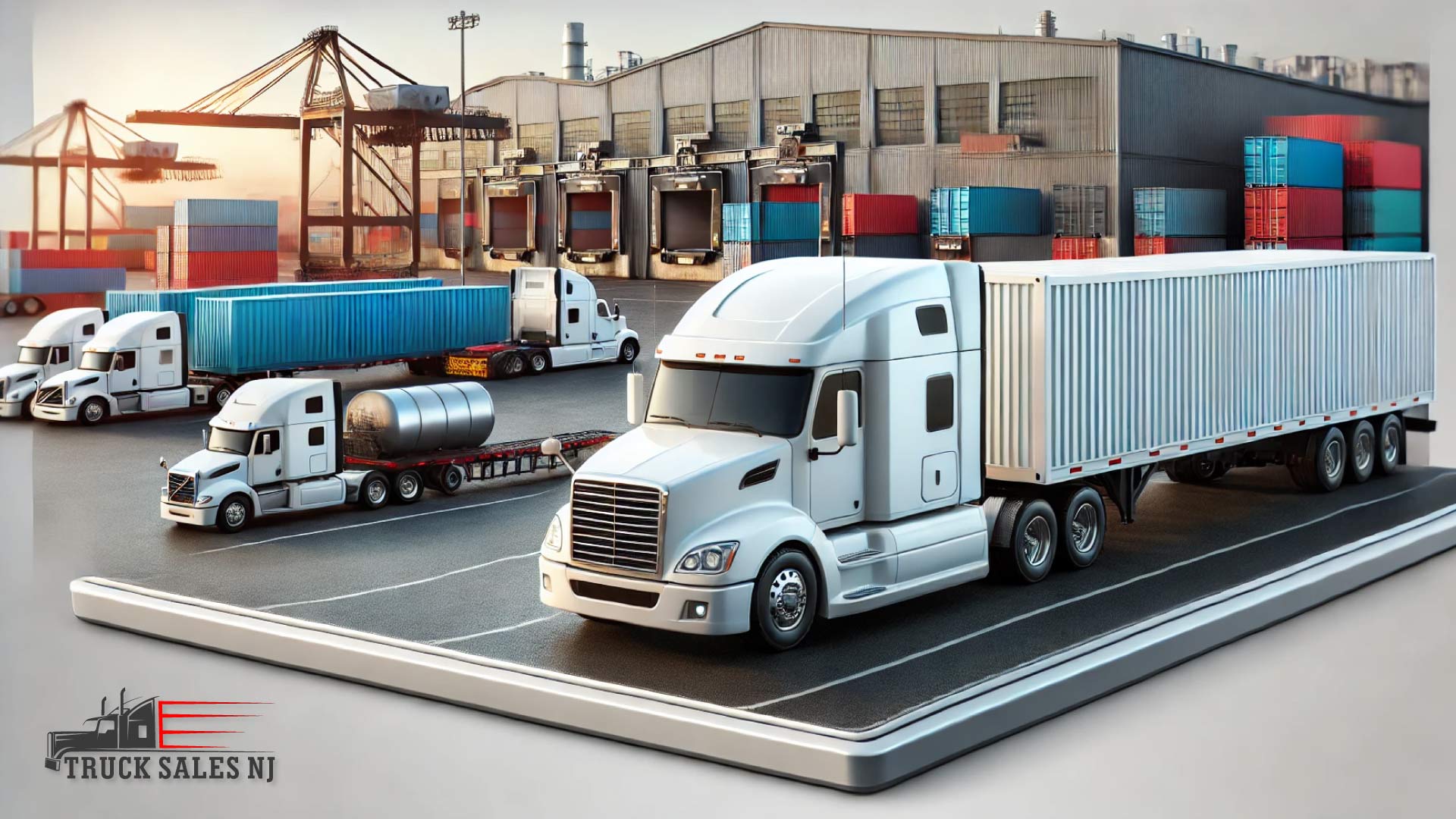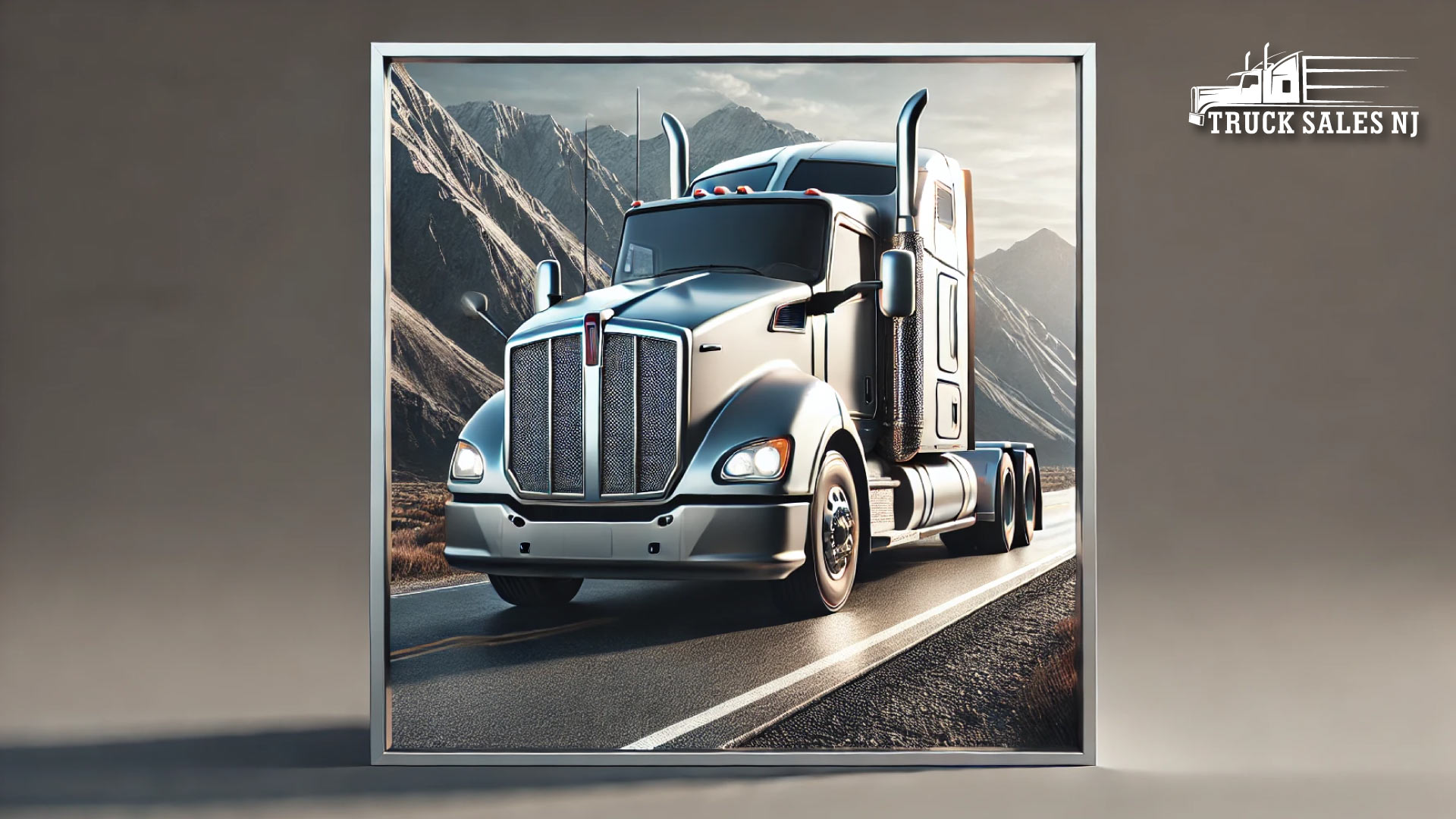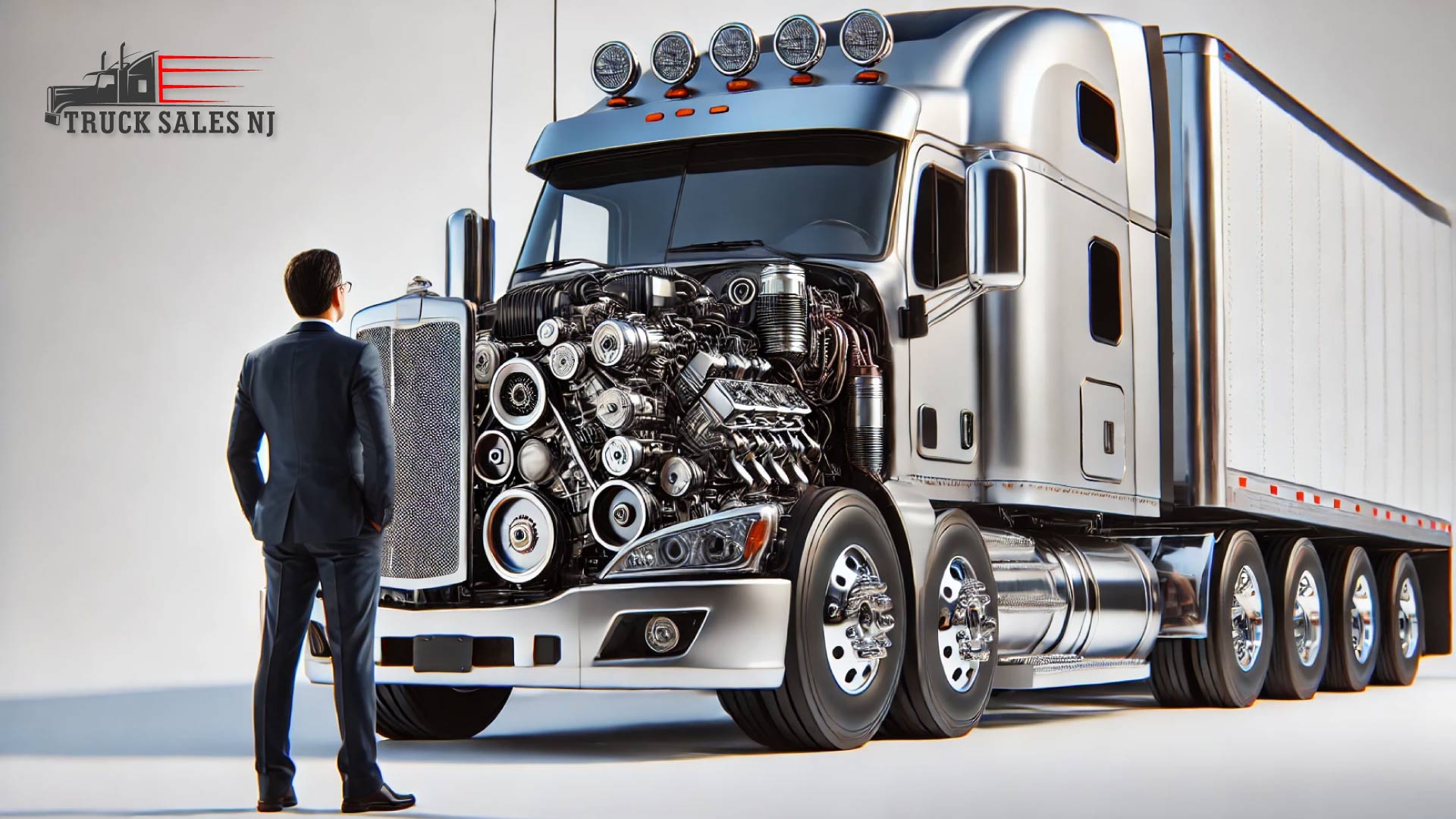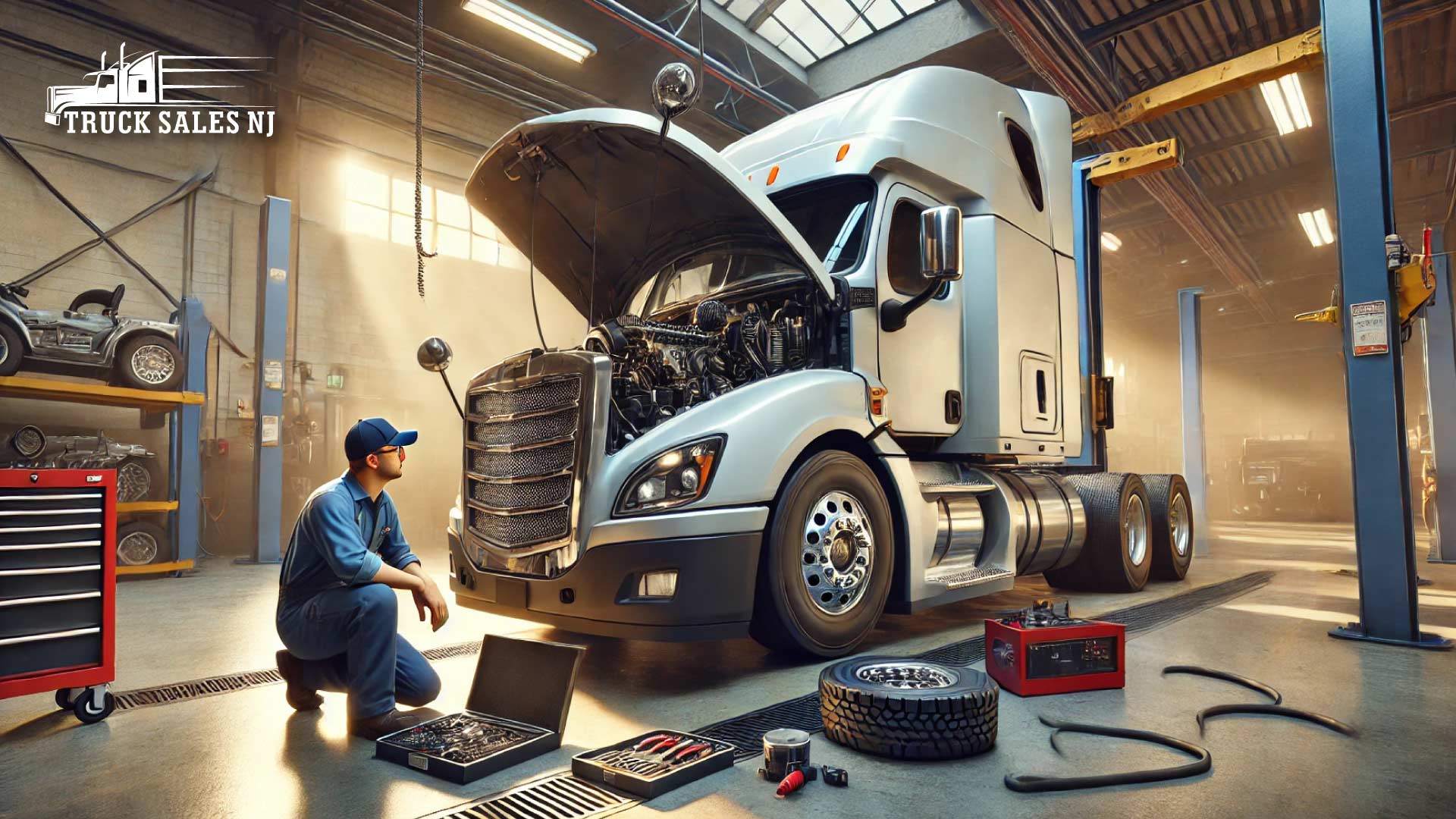Whether you’re an owner-operator or a fleet manager, keeping commercial trucks in good working order is a top priority. Proper maintenance ensures optimal performance, prolongs vehicle lifespan, and maintains safety standards. The following guide will give you the key tips needed to keep your commercial truck in top shape.
Conduct Regular Inspections
Routine checks are crucial for identifying potential problems early before they escalate into significant issues. Encourage drivers to develop the habit of carrying out daily checks before they hit the road.
Pre-Trip Inspection
Pre-trip inspections should include checks of the tire pressure and tread depth, brake system, lights, mirrors, fuel and fluid levels, and windscreen wipers. Drivers should also check for any leaks underneath the vehicle.
Post-Trip Inspection
After each journey, drivers should conduct a quick post-trip inspection to identify any issues that may have occurred during the trip. This includes checking for new damage to the truck’s exterior and checking the cargo area for any loose items or debris that could pose a safety hazard.
Follow the Manufacturer's Maintenance Schedule
Every vehicle comes with a recommended maintenance schedule from the manufacturer. Adhering to this schedule is essential for keeping the truck in good working order and maintaining the warranty.
Regular Servicing
Regular servicing, as recommended by the manufacturer, will typically include oil and filter changes, inspections of the brakes, engine, transmission, and other major components, as well as checking and replacing other fluids as needed.
Tune-Ups
Depending on the vehicle’s age and mileage, tune-ups may be recommended. These can help to improve the truck’s performance and fuel efficiency by adjusting the engine timing, cleaning or replacing the spark plugs, and replacing the air and fuel filters.
Take Care of the Tires
Tires are a critical component of your truck’s safety and performance. They should be regularly inspected and maintained.
Regular Tire Checks
Regular tire checks should include inspecting the tire pressure and tread depth. Under-inflated tires can negatively impact fuel efficiency and handling, while worn treads can lead to a loss of traction.
Rotation and Alignment
Tire rotation and wheel alignment can help to extend the life of your tires by ensuring even wear. These should be done according to the manufacturer’s recommendations or if there are signs of uneven wear or handling issues.
Maintain the Brake System
The brake system is arguably the most important safety feature of any vehicle, and it needs regular attention.
Regular Brake Checks
Regular brake checks should include inspecting the brake pads and discs for wear, checking brake fluid levels, and testing the brakes for responsiveness. Any issues should be addressed immediately.
Professional Brake Maintenance
Professional brake maintenance is essential and should be performed according to the manufacturer’s schedule. This will typically involve replacing the brake pads and discs, changing the brake fluid, and inspecting and repairing any other components of the brake system as needed.
Maintaining your commercial truck requires regular inspections, adherence to the manufacturer’s maintenance schedule, proper tire care, and attention to the brake system. By following these tips, you can help ensure that your truck remains in top shape, offering optimal performance and safety on the road.
Choosing the right partner for your trucking needs can make all the difference. Truck Sales NJ, a renowned name in the industry, provides a wide selection of high-quality commercial trucks. Check our inventory!

